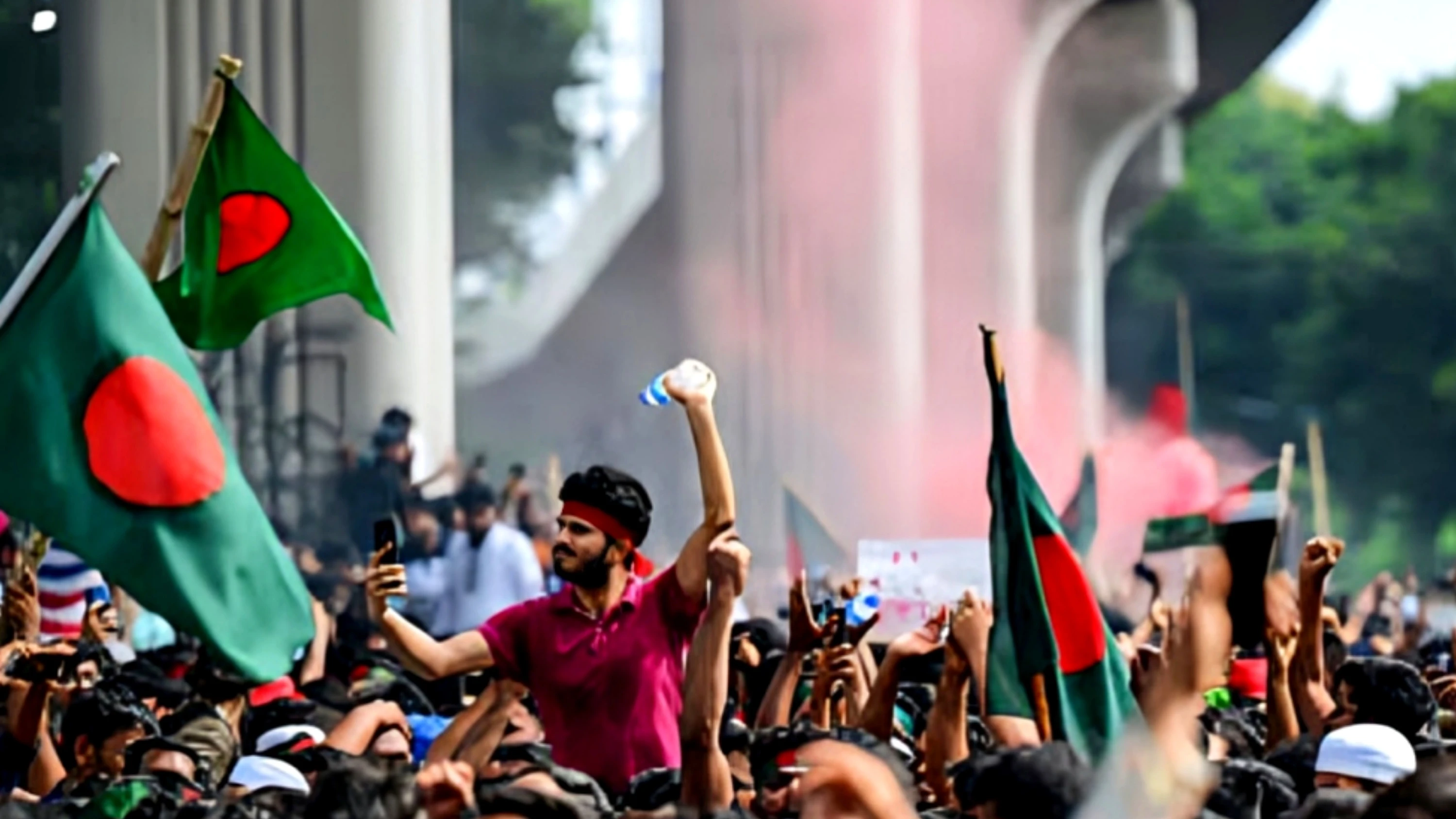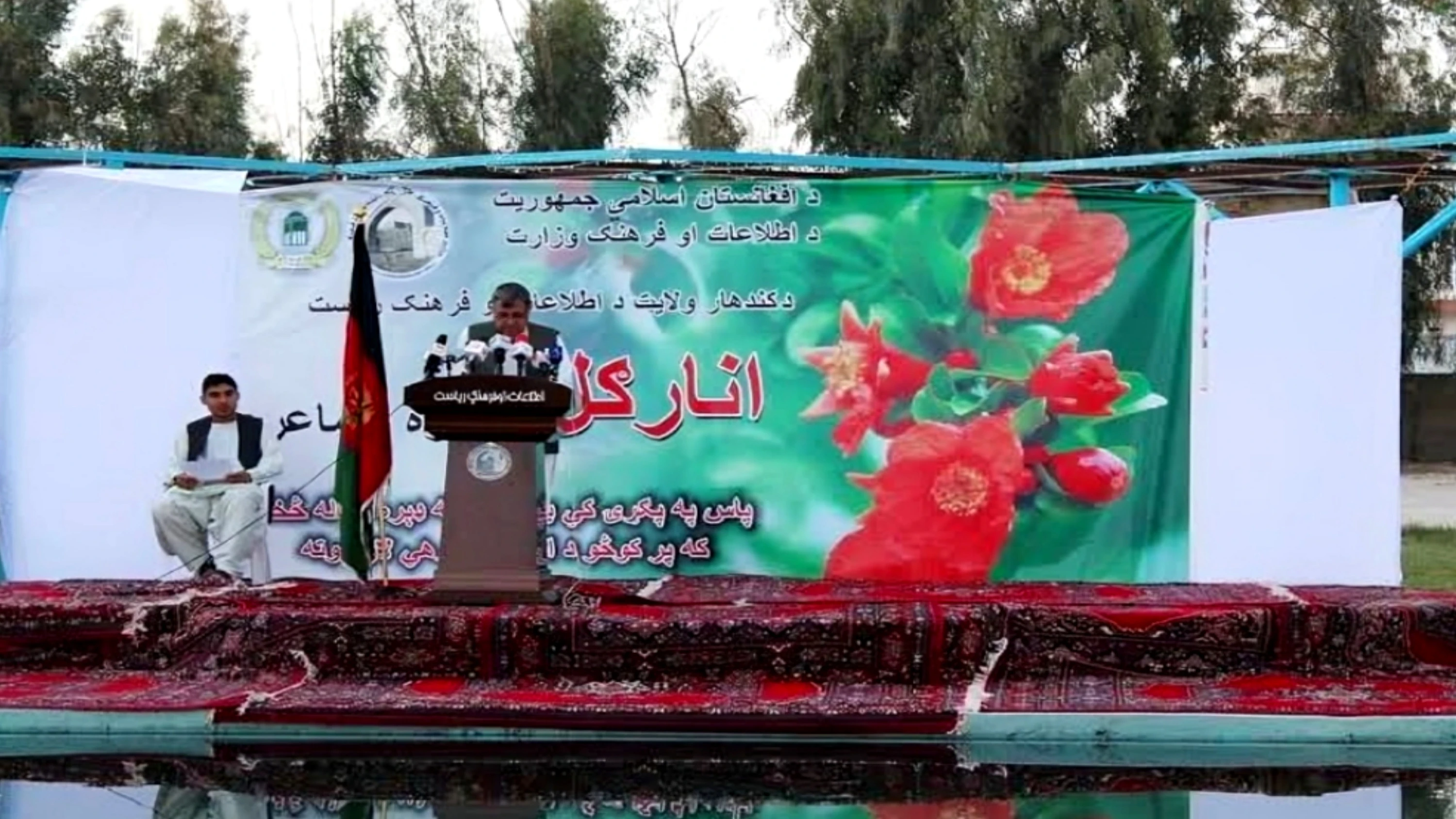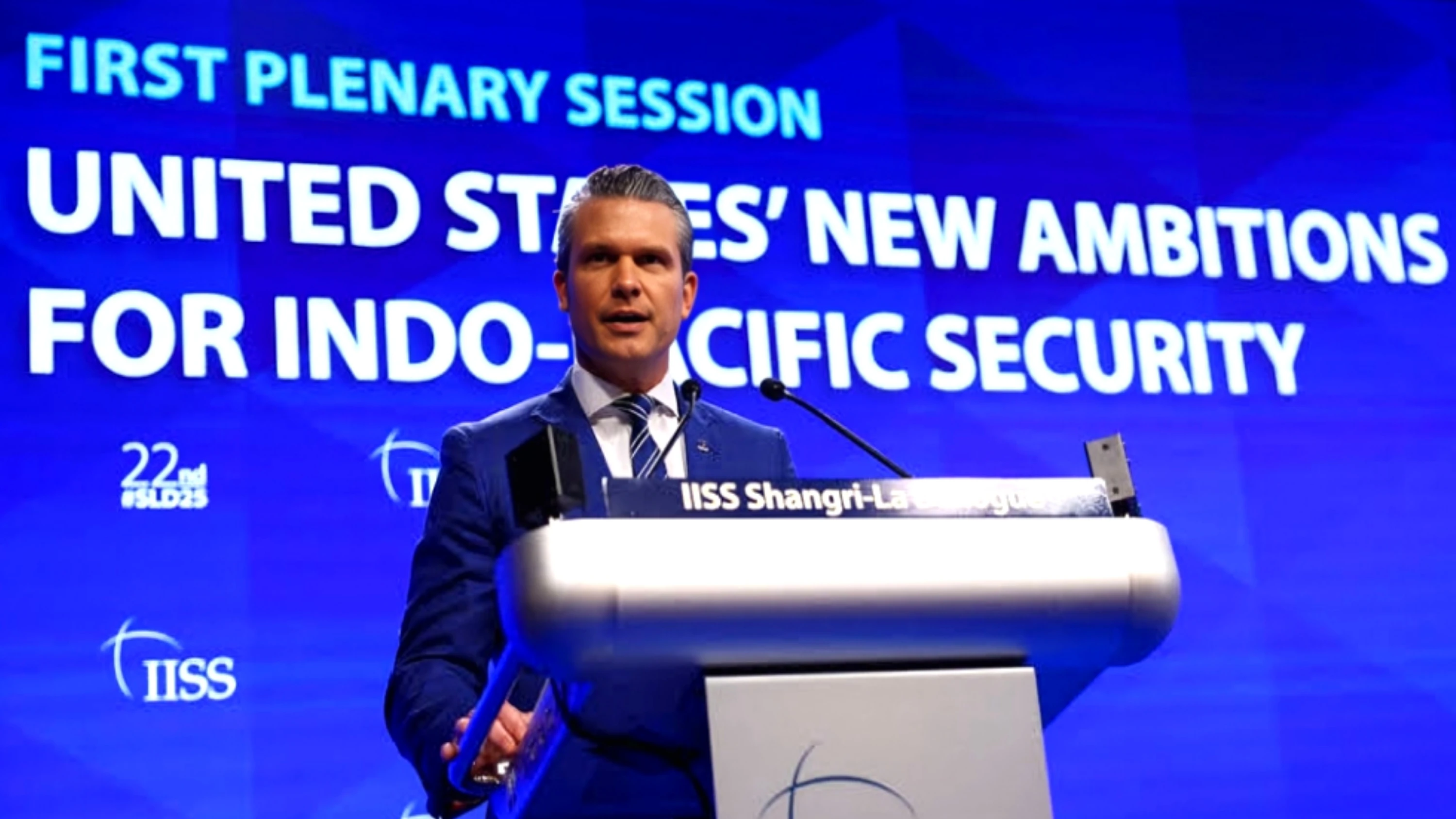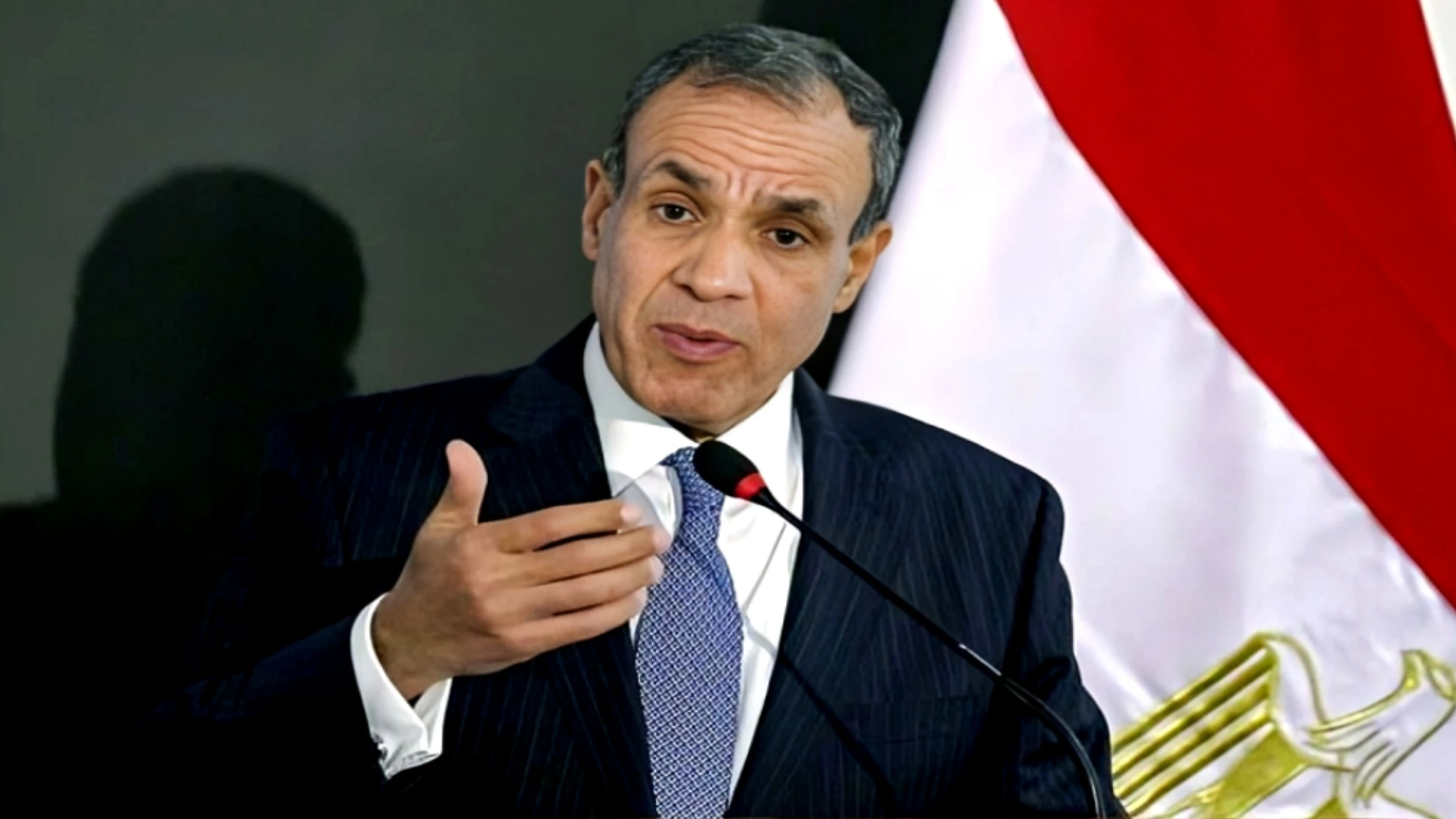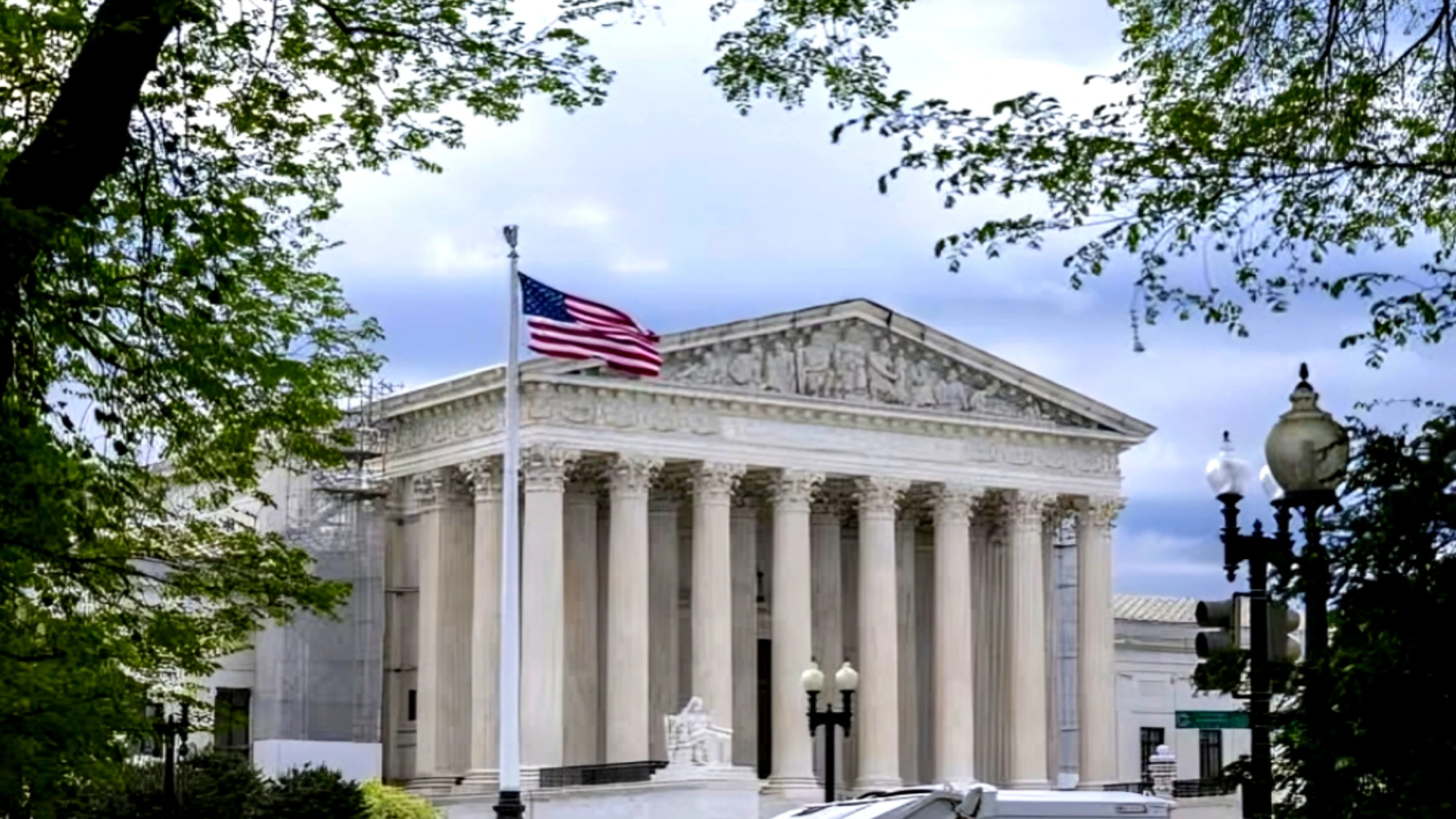Dhaka: Nasiruddin Patwary, Chief Coordinator of the National Citizen Party (NCP), has firmly stated that Bangladesh’s electoral process will be determined by its citizens, not dictated by foreign powers. Speaking at the launch of the party’s Engineering Wing at the Institution of Engineers in Dhaka, Patwary emphasized that no external blueprint—specifically not one from Delhi—will be accepted.
"We will not accept any prescription from Delhi. The people of Bangladesh alone will decide the course of the national election," he asserted, referencing recent comments allegedly made by an Indian official suggesting that the polls must take place in December.
Patwary issued a strong warning to any political forces that may attempt to act under foreign influence. “If any group moves to take control of the streets on Delhi’s instruction, the people of this country—just like on August 5—will resist with full force,” he said.
He also launched a scathing critique of the Election Commission (EC), accusing it of acting in favor of certain political interests. Citing recent developments in Chittagong and Dhaka, Patwary claimed that the EC has abandoned its impartiality, particularly pointing to the gazette regarding Ishraque Hossain as evidence of political bias.
Furthermore, the NCP leader criticized the use of the judiciary for what he described as politically motivated actions. He warned that the current trend of "manipulating legal outcomes" is damaging the credibility of the justice system and must be addressed.
The remarks underscore growing tension in the lead-up to Bangladesh’s next general elections, with opposition voices increasingly questioning both domestic institutions and perceived foreign interference.
It is important to note that both the country’s political and military leadership are urging the interim government led by Yunus to hold general elections by the end of this year.
On the other hand, the National Citizen Party (NCP) has repeatedly emphasized that elections should not be conducted until comprehensive electoral reforms are implemented. The interim government, led by Yunus, has also reiterated on multiple occasions that holding elections without completing the necessary reforms would be a challenging task.


